Unlock Your Potential: One Must-Read Book Every Semester
 Saquib Anjum
Saquib AnjumTable of contents
- Introduction :
- First Semester: Rich Dad Poor Dad by Robert T. Kiyosaki
- Second Semester: Atomic Habits by James Clear
- Third Semester: The Psychology of Money by Morgan Housel
- Fourth Semester: Ikigai: The Japanese Secret to a Long and Happy Life by Héctor García and Francesc Miralles
- Fifth Semester: How to Win Friends and Influence People by Dale Carnegie
- Sixth Semester: Think and Grow Rich by Napoleon Hill
- Seventh Semester: Attitude Is Everything: Change Your Attitude... Change Your Life! by Jeff Keller
- Eighth Semester: Deep Work: Rules for Focused Success in a Distracted World by Cal Newport

Introduction :
Hi, my Fellow Readers! how are you, I hope you are doing extremely well. My name is Saquib Anjum in this blog I will suggest some important books that are not related to our syllabus but related to our life.
Reading books is powerful. It helps us learn a lot and makes our minds grow. When we read, we go on journeys in our minds and learn new things. Books help us think better and understand other people's feelings by seeing things from their point of view. Every book we read can make our minds bigger, make us more creative, and give us the strength to deal with tough times. In short, reading enriches, empowers, and improves our lives.
First Semester: Rich Dad Poor Dad by Robert T. Kiyosaki
When you start college, especially for computer science or business, it's really important to learn your subjects well and also understand money and how to grow as a person. A good book to begin with is "Rich Dad Poor Dad" by Robert T. Kiyosaki.

Why Read "Rich Dad Poor Dad" in Your First Semester?
Financial Education: This book serves as a cornerstone for understanding basic financial principles. Kiyosaki contrasts the financial philosophies of his two "dads": his biological father (Poor Dad) and his best friend’s father (Rich Dad). Through these contrasting viewpoints, he introduces fundamental concepts such as assets and liabilities, the importance of financial education, and the path to financial independence.
Mindset Shift: "Rich Dad Poor Dad" challenges traditional beliefs about money and investing. It encourages readers to think differently about work, career, and wealth-building, urging them to develop an entrepreneurial mindset and explore opportunities beyond a conventional 9-to-5 job.
Practical Lessons: Kiyosaki’s straightforward and relatable storytelling makes complex financial concepts accessible. He provides practical advice on managing money, investing wisely, and building wealth over time, which are invaluable skills for anyone starting their academic and professional journey.
Early Advantage: Reading this book in your first semester gives you a head start on financial literacy. Understanding how money works early in your academic career can help you make informed decisions about your education, investments, and future career choices.
Key Takeaways from "Rich Dad Poor Dad"
The Importance of Financial Education: Traditional education systems often do not teach financial literacy. Kiyosaki emphasizes self-education in financial matters to achieve true financial independence.
The Difference Between Assets and Liabilities: An asset is something that puts money in your pocket, while a liability is something that takes money out of your pocket. Understanding this distinction is crucial for wealth building.
The Rat Race: Kiyosaki describes the cycle of working hard, earning money, spending it on expenses and liabilities, and then working hard again. Breaking out of this cycle requires building and acquiring assets.
Entrepreneurial Spirit: The book encourages thinking like an entrepreneur—looking for opportunities, taking calculated risks, and learning from failures.
Applying the Lessons:
As you navigate through your first semester, use the lessons from "Rich Dad Poor Dad" to:
Budget Wisely: Start managing your finances with a clear understanding of your income and expenses. Create a budget that allows you to save and invest.
Seek Knowledge: Take courses or attend workshops on financial literacy. The earlier you start, the more time you have to apply and benefit from this knowledge.
Explore Opportunities: Look for part-time jobs, internships, or side projects that can provide both income and experience. Consider entrepreneurial ventures that align with your interests and skills.
Conclusion
Incorporating "Rich Dad Poor Dad" into your first-semester reading list can set the tone for your academic and professional career. It equips you with the mindset and tools needed to navigate financial challenges and seize opportunities. By understanding and applying its principles, you unlock your potential for financial success and personal growth. Happy reading!
Second Semester: Atomic Habits by James Clear
As you progress into your second semester, building effective habits becomes crucial for academic success and personal growth. "Atomic Habits" by James Clear is the perfect guide to mastering the art of habit formation and breaking bad ones.
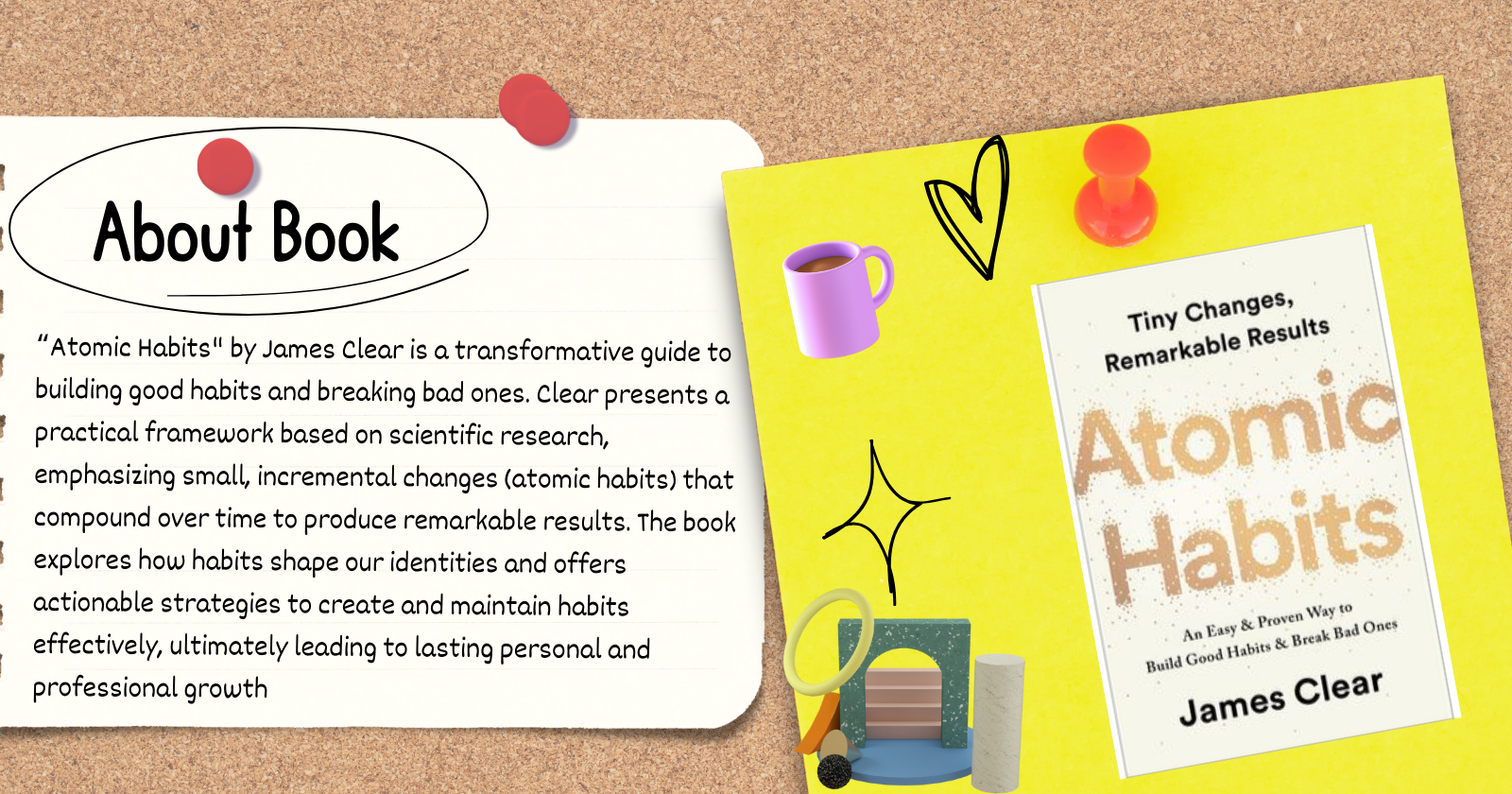
Why Read "Atomic Habits" in Your Second Semester?
Practical Framework: Clear provides a step-by-step guide to understanding how habits work and how to design your environment to support positive changes.
Behavioral Insights: The book delves into the psychology behind habit formation, making it easier to adopt new behaviors and sustain them.
Long-Term Benefits: Developing good habits early in your academic career sets the foundation for continued success in subsequent semesters and beyond.
Key Takeaways from "Atomic Habits"
The Four Laws of Behavior Change: Make it obvious, attractive, easy, and satisfying. These principles help you create habits that stick.
Identity-Based Habits: Focus on the type of person you want to become, not just the goals you want to achieve.
Habit Stacking: Pair a new habit with an existing one to create a seamless routine.
Applying the Lessons
Study Routines: Develop consistent study habits by setting specific times and environments conducive to learning.
Healthy Lifestyle: Incorporate small changes like regular exercise, balanced diet, and sufficient sleep to enhance overall well-being.
Goal Setting: Break down your long-term goals into small, manageable actions that you can perform daily.
Conclusion
Reading "Atomic Habits" in your second semester will equip you with the tools to create sustainable habits that enhance your productivity, health, and academic performance. By implementing these strategies, you can optimize your daily routines and achieve your goals more efficiently. Happy reading!
Third Semester: The Psychology of Money by Morgan Housel
Entering your third semester, a deeper understanding of the emotional and psychological aspects of financial decision-making becomes essential. "The Psychology of Money" by Morgan Housel is an insightful read that explores how our thoughts and behaviors influence our financial choices.
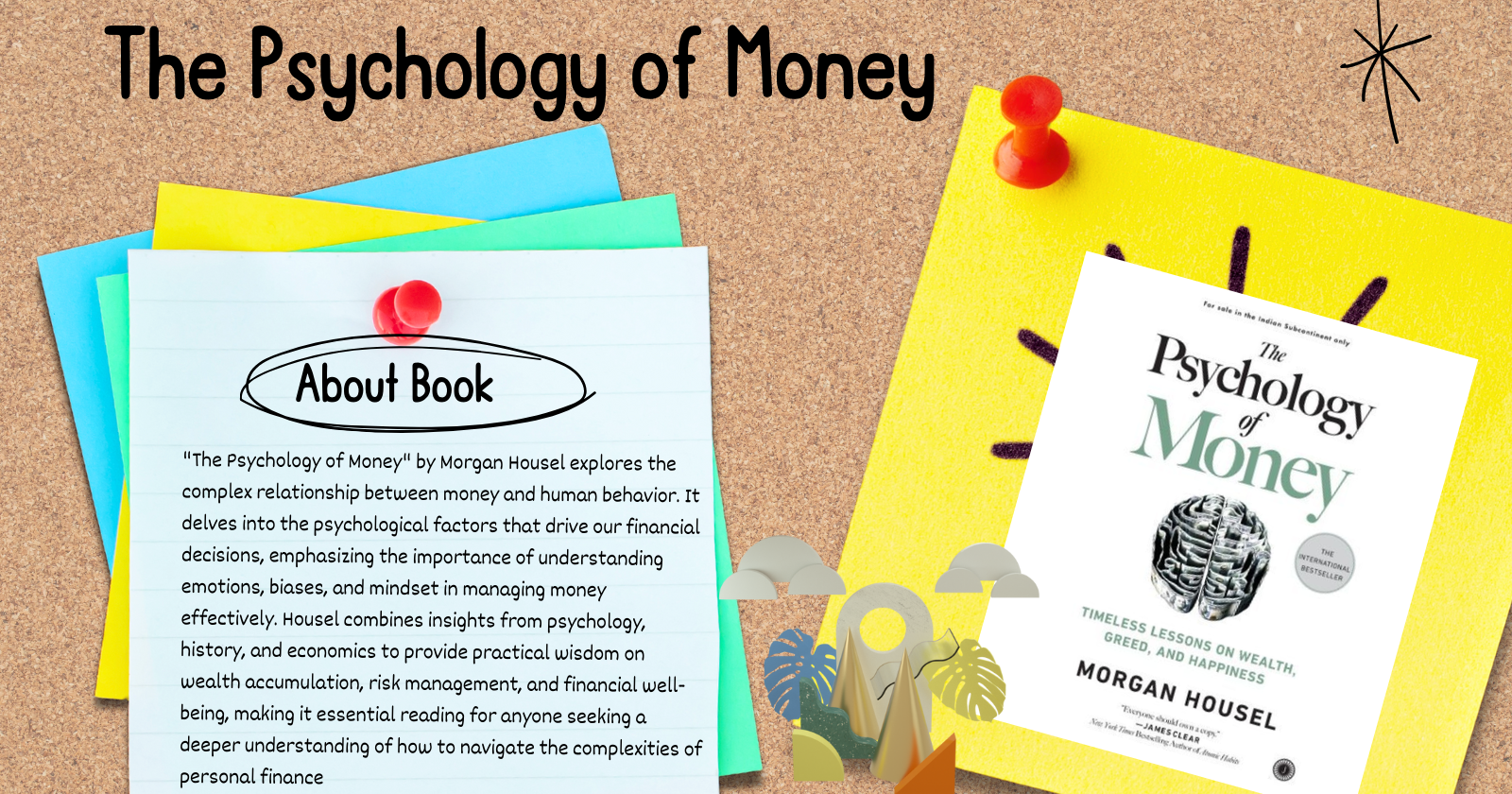
Why Read "The Psychology of Money" in Your Third Semester?
Behavioral Finance: Housel delves into the psychological factors that drive our financial behaviors, helping you understand why people make irrational financial decisions.
Timeless Lessons: The book is filled with timeless wisdom and anecdotes that provide practical advice on managing money and building wealth.
Personal Finance Perspective: It offers a holistic view of money management, emphasizing the importance of mindset over technical knowledge.
Key Takeaways from "The Psychology of Money"
Emotional Influence: Emotions often drive financial decisions more than logical reasoning. Understanding this can help you make more rational choices.
Tail Risk: Small changes and rare events can have significant impacts on your financial life. It's essential to plan for unexpected scenarios.
Compounding: The power of compounding is a key principle in wealth accumulation. Small, consistent investments can grow substantially over time.
Applying the Lessons
Financial Planning: Use the insights from the book to create a financial plan that accounts for both your logical goals and emotional tendencies.
Long-Term Thinking: Focus on long-term financial stability rather than short-term gains. This mindset helps in making prudent investment decisions.
Resilience: Develop a resilient financial strategy that can withstand market fluctuations and personal setbacks.
Conclusion
"The Psychology of Money" offers a profound understanding of the mental aspects of financial decisions. Reading this book in your third semester will help you develop a balanced approach to managing money, combining both rational strategies and emotional intelligence. By applying its lessons, you can build a robust financial foundation for your future. Happy reading!
Fourth Semester: Ikigai: The Japanese Secret to a Long and Happy Life by Héctor García and Francesc Miralles
In your fourth semester, focusing on your sense of purpose and well-being can be transformative. "Ikigai: The Japanese Secret to a Long and Happy Life" by Héctor García and Francesc Miralles introduces the concept of ikigai, a Japanese term that means "reason for being." This book provides insights into living a life filled with meaning and joy.

Why Read "Ikigai" in Your Fourth Semester?
Finding Purpose: As you delve deeper into your studies and future career prospects, understanding your ikigai can help align your passions, skills, and potential career paths.
Balanced Life: The book emphasizes the importance of balance in work, relationships, and personal growth, crucial for maintaining mental and emotional well-being.
Cultural Insights: Learning from the Japanese perspective on longevity and happiness offers valuable lessons applicable to various aspects of life.
Key Takeaways from "Ikigai"
Four Elements of Ikigai: Discover what you love, what you are good at, what the world needs, and what you can be paid for. The intersection of these elements helps you find your ikigai.
Longevity and Happiness: Insights from the residents of Okinawa, Japan, one of the world’s blue zones known for its high life expectancy and happiness, highlight the importance of community, simplicity, and a positive outlook.
Continuous Growth: Embrace lifelong learning and personal development as key components of a fulfilling life.
Applying the Lessons
Self-Discovery: Reflect on your passions, strengths, and values to identify your ikigai. This can guide your academic and career choices.
Healthy Habits: Adopt practices that promote physical and mental well-being, such as regular exercise, healthy eating, and mindfulness.
Community Engagement: Cultivate meaningful relationships and contribute to your community, enhancing your sense of belonging and purpose.
Conclusion
Reading "Ikigai" in your fourth semester will help you explore and understand your purpose, contributing to a more fulfilling and balanced life. By integrating the principles of ikigai, you can enhance your academic journey, career aspirations, and overall happiness. Happy reading!
Fifth Semester: How to Win Friends and Influence People by Dale Carnegie
As you enter your fifth semester, developing strong interpersonal skills becomes increasingly important. "How to Win Friends and Influence People" by Dale Carnegie is a classic guide that offers timeless advice on building positive relationships and effective communication.
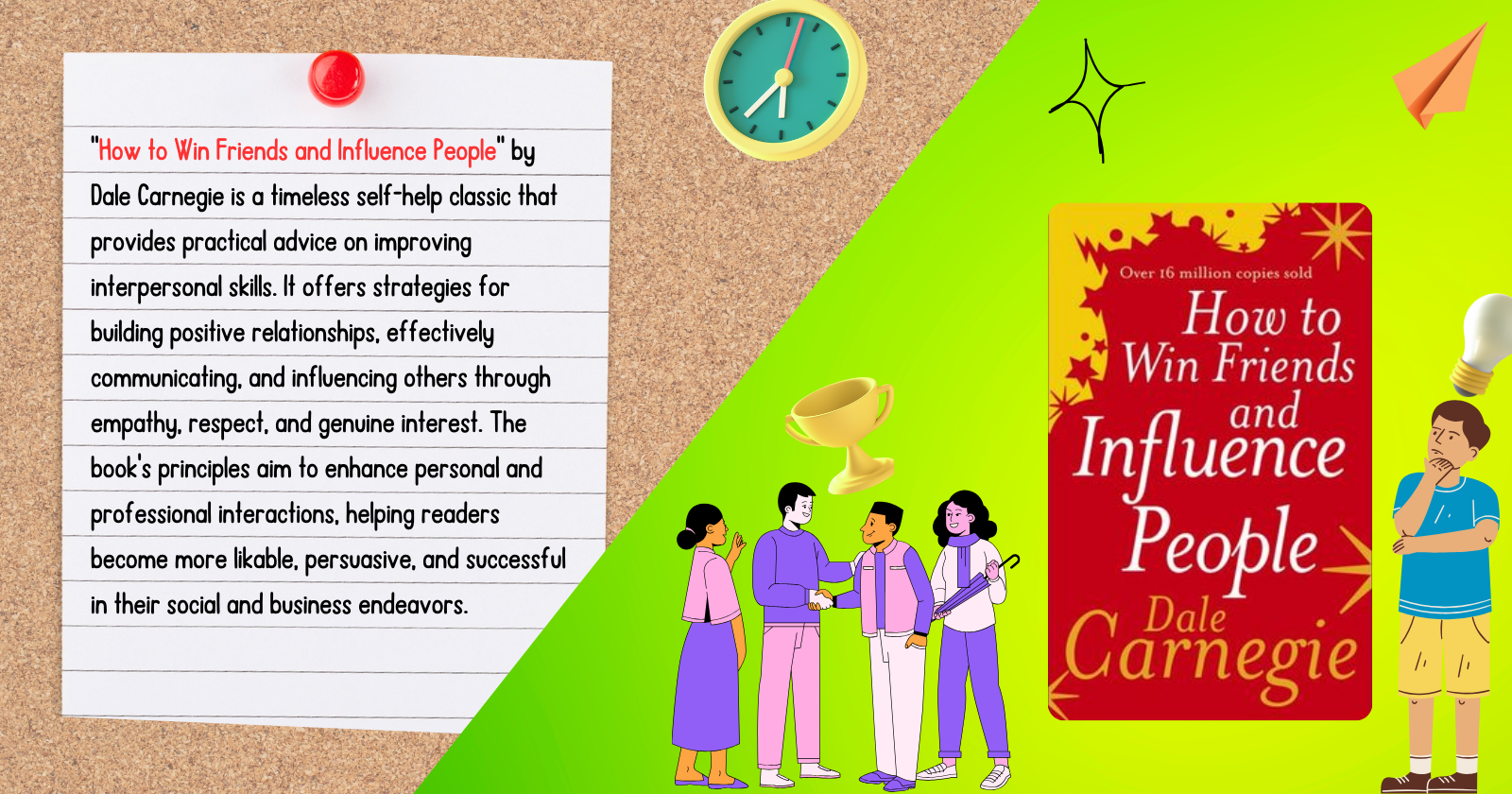
Why Read "How to Win Friends and Influence People" in Your Fifth Semester?
Interpersonal Skills: Mastering the art of communication and relationship-building is crucial for both personal and professional success.
Networking: The book provides practical strategies for expanding your network, which can be invaluable as you approach internships and job opportunities.
Leadership: Learning how to influence and lead others effectively is essential for collaborative projects and future career roles.
Key Takeaways from "How to Win Friends and Influence People"
Fundamental Techniques in Handling People: Carnegie emphasizes the importance of showing genuine interest in others, avoiding criticism, and giving sincere appreciation.
Six Ways to Make People Like You: Practical advice includes being genuinely interested in others, smiling, remembering people's names, being a good listener, talking in terms of other people's interests, and making others feel important.
Win People to Your Way of Thinking: Techniques such as avoiding arguments, showing respect for others' opinions, admitting when you're wrong, and appealing to others' desires help in persuading and influencing people.
Be a Leader: Effective leadership involves encouraging others, giving honest and sincere appreciation, and being empathetic and understanding.
Applying the Lessons
Effective Communication: Use Carnegie’s principles to improve your interactions with peers, professors, and potential employers. Active listening and genuine interest can make a significant impact.
Networking: Build a strong network by applying the techniques to create lasting connections and foster positive relationships.
Collaboration: Enhance your teamwork skills by appreciating and understanding the perspectives of others, leading to more successful group projects and collaborations.
Conclusion
"How to Win Friends and Influence People" offers valuable insights into human behavior and effective communication. Reading this book in your fifth semester will equip you with the skills to build meaningful relationships, influence others positively, and lead effectively. By applying its principles, you can enhance your personal and professional interactions, paving the way for future success. Happy reading!
Sixth Semester: Think and Grow Rich by Napoleon Hill
As you approach the culmination of your undergraduate journey, focusing on your mindset and goals becomes crucial. "Think and Grow Rich" by Napoleon Hill is a timeless classic that outlines principles for achieving personal and financial success.
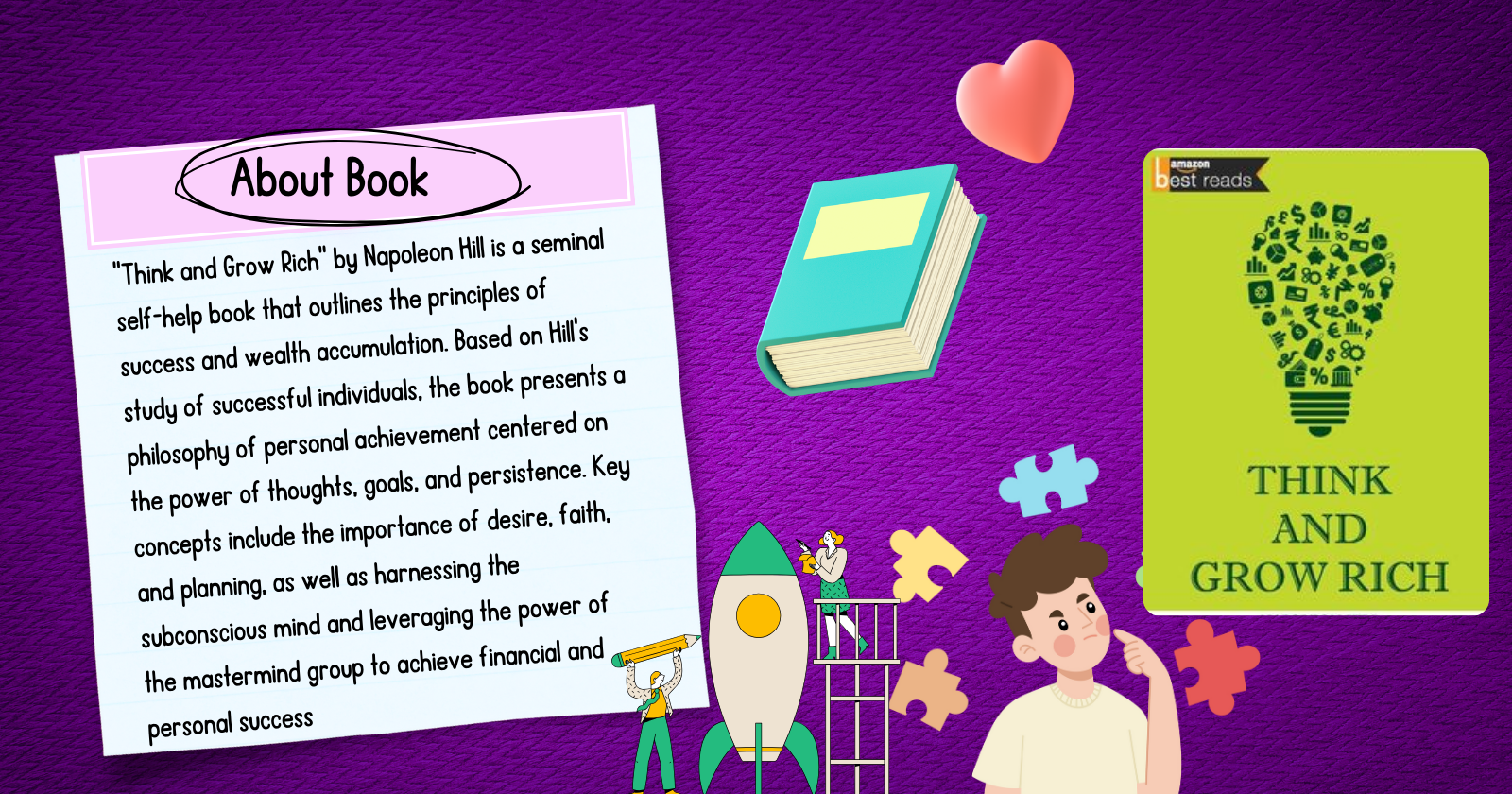
Why Read "Think and Grow Rich" in Your Sixth Semester?
Goal Setting: The book emphasizes the importance of having clear, well-defined goals and a burning desire to achieve them.
Positive Mindset: Hill's principles encourage cultivating a positive mental attitude, which is essential for overcoming challenges and achieving success.
Actionable Strategies: It provides practical steps and real-life examples of how successful individuals reached their goals.
Key Takeaways from "Think and Grow Rich"
Desire: A strong desire is the starting point of all achievement. Hill stresses the importance of having a clear and definite goal.
Faith: Believing in your ability to achieve your goals is crucial. Visualization and positive affirmations can strengthen your faith.
Autosuggestion: Repeatedly telling yourself that you can achieve your goals helps to program your subconscious mind.
Specialized Knowledge: Acquiring specialized knowledge and continuous learning are essential for success.
Applying the Lessons
Set Clear Goals: Define your career and personal goals clearly, and write them down to solidify your commitment.
Cultivate a Positive Attitude: Practice positive thinking and self-affirmations to build confidence and resilience.
Take Action: Develop a plan of action for achieving your goals and take consistent steps towards them.
Conclusion
Reading "Think and Grow Rich" in your sixth semester will help you develop a success-oriented mindset and equip you with strategies to achieve your goals. By applying its principles, you can enhance your ability to think big, stay motivated, and turn your aspirations into reality. Happy reading!
Seventh Semester: Attitude Is Everything: Change Your Attitude... Change Your Life! by Jeff Keller
In your seventh semester, as you prepare to transition from academia to the professional world, cultivating a positive attitude can be incredibly impactful. "Attitude Is Everything" by Jeff Keller is a motivational guide that underscores the power of a positive mindset in achieving success and overcoming obstacles.

Why Read "Attitude Is Everything" in Your Seventh Semester?
Mindset Shift: The book emphasizes the significance of a positive attitude in shaping your experiences and outcomes, crucial for both academic and professional success.
Overcoming Challenges: Keller provides practical strategies for maintaining a positive attitude in the face of adversity, which is essential as you navigate the final stages of your academic journey and prepare for the professional world.
Empowerment: Understanding the power of attitude empowers you to take control of your thoughts and actions, leading to greater personal and professional fulfillment.
Key Takeaways from "Attitude Is Everything"
The Power of Attitude: Your attitude influences your actions, which in turn affects your results. A positive attitude leads to positive actions and outcomes.
Visualization and Belief: Keller stresses the importance of visualizing success and believing in your ability to achieve it, which can significantly enhance motivation and performance.
Responsibility and Control: Taking responsibility for your attitude and understanding that you have control over it can lead to more proactive and positive behaviors.
Positive Thinking: Developing a habit of positive thinking helps in managing stress, overcoming obstacles, and maintaining a proactive approach to life.
Applying the Lessons
Practice Positivity: Make a conscious effort to focus on positive aspects of situations, reinforcing a positive mindset.
Visualization Techniques: Regularly visualize your goals and the steps needed to achieve them, boosting confidence and motivation.
Take Responsibility: Acknowledge that you control your attitude and reactions, and choose to respond positively to challenges.
Surround Yourself with Positivity: Engage with positive people and environments that support and enhance your positive attitude.
Conclusion
Reading "Attitude Is Everything" in your seventh semester will help you develop a positive mindset that is crucial for achieving success and overcoming challenges. By adopting Jeff Keller's principles, you can enhance your outlook on life, improve your resilience, and pave the way for a fulfilling career and personal life. Happy reading!
Eighth Semester: Deep Work: Rules for Focused Success in a Distracted World by Cal Newport
As you enter your final semester, honing your ability to concentrate deeply on important tasks becomes vital. "Deep Work" by Cal Newport offers valuable insights and practical strategies to master the art of focused success.
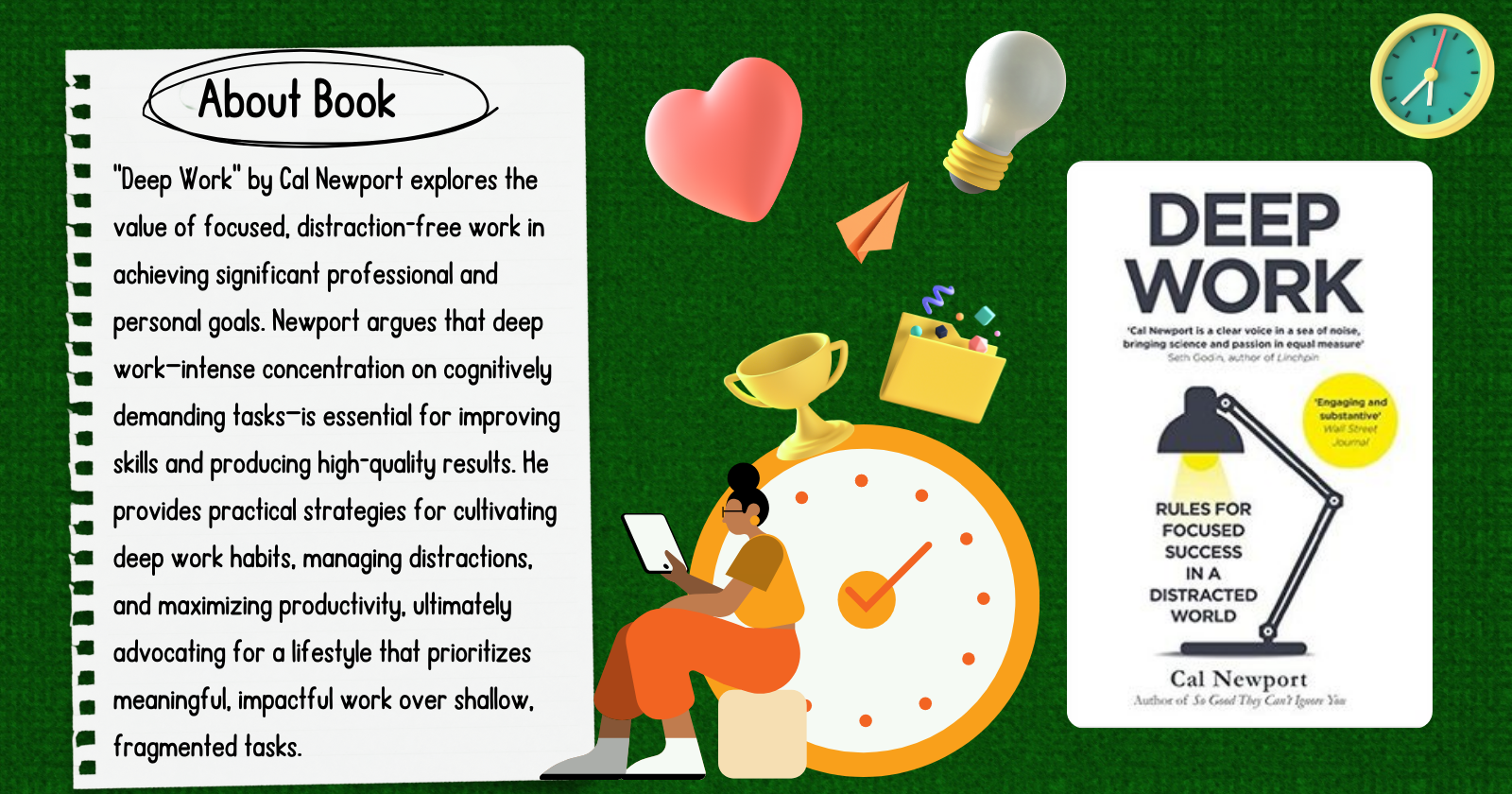
Why Read "Deep Work" in Your Eighth Semester?
Maximize Productivity: Newport’s principles help you achieve peak productivity by focusing intensely on cognitively demanding tasks.
Academic Excellence: With final projects, thesis work, and exams, applying deep work strategies can lead to exceptional academic performance.
Career Readiness: Developing the skill of deep work prepares you for professional environments where the ability to concentrate on high-value tasks is a significant asset.
Key Takeaways from "Deep Work"
The Deep Work Hypothesis: Deep work is both rare and valuable in today’s economy. Mastering it can give you a competitive edge.
Rules for Deep Work: Newport outlines practical rules such as scheduling deep work sessions, embracing boredom, quitting social media, and draining the shallows.
Focus Strategies: Learn techniques to minimize distractions and create an environment conducive to deep work.
Work Deeply and Rest Fully: Balancing intense periods of focus with adequate rest enhances productivity and well-being.
Applying the Lessons
Create a Deep Work Routine: Establish specific times and locations dedicated to deep work, ensuring consistent practice.
Minimize Distractions: Identify and eliminate common distractions, such as social media and unnecessary meetings, to maintain focus.
Set Clear Goals: Define clear, achievable goals for your deep work sessions to maximize effectiveness.
Practice Regularly: Consistently apply deep work principles to develop a strong focus habit.
Conclusion
Reading "Deep Work" in your eighth semester will help you cultivate the ability to concentrate intensely on critical tasks, leading to higher productivity and academic excellence. By implementing Newport’s strategies, you can optimize your study habits, prepare effectively for your career, and achieve your long-term goals. Happy reading!
To download all these books in pdf form click 👇 :
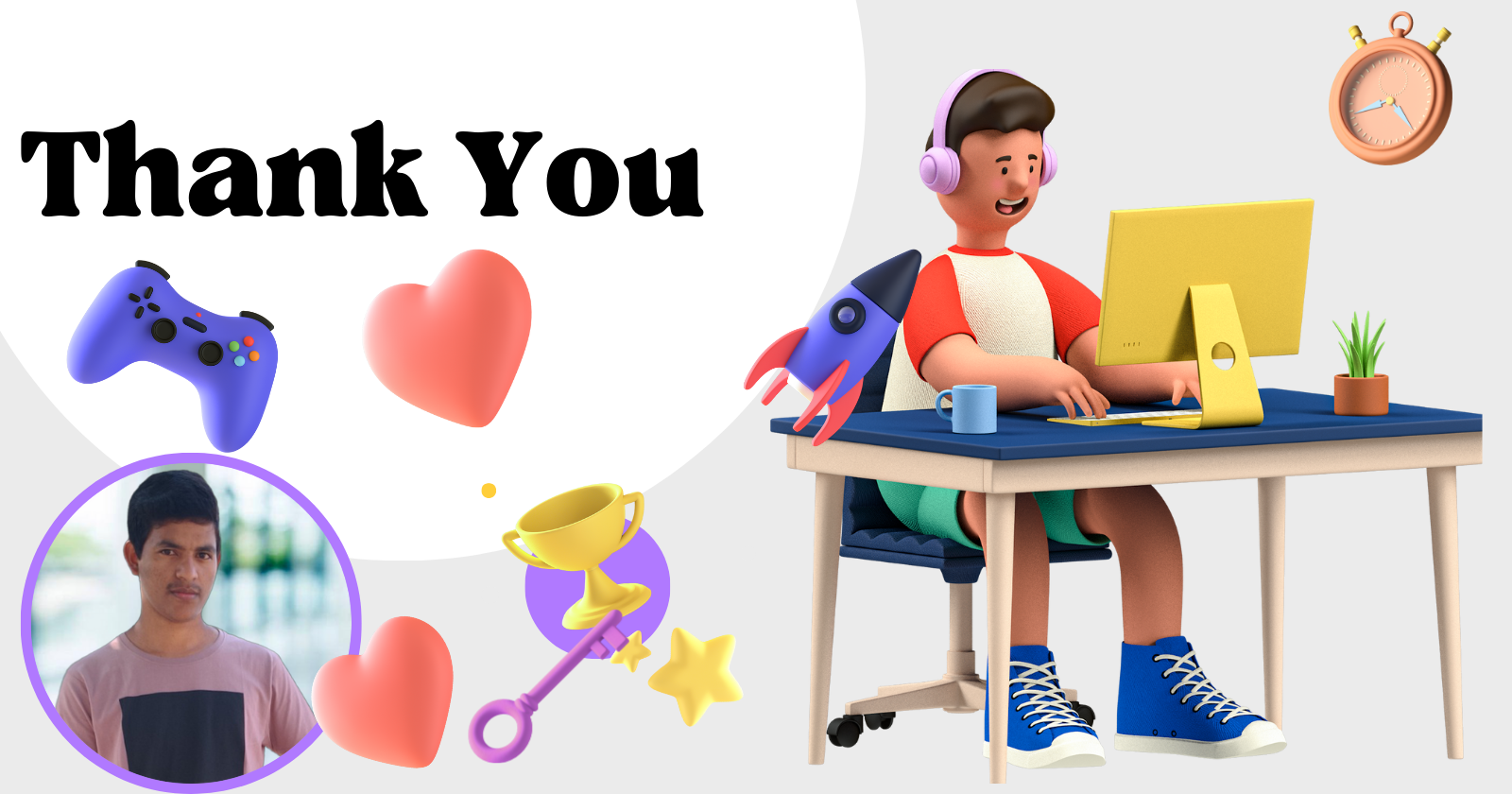
Subscribe to my newsletter
Read articles from Saquib Anjum directly inside your inbox. Subscribe to the newsletter, and don't miss out.
Written by
